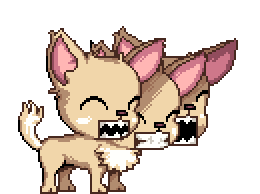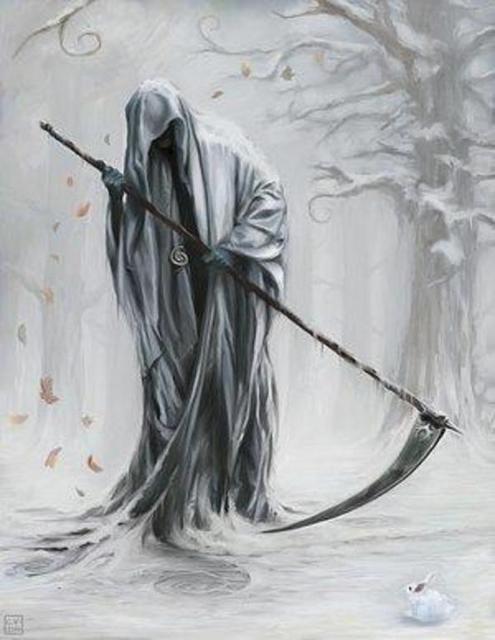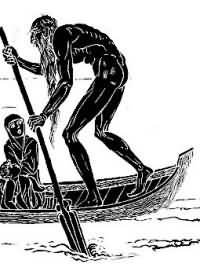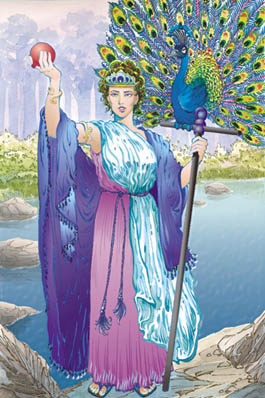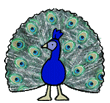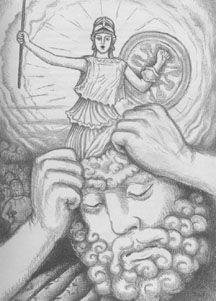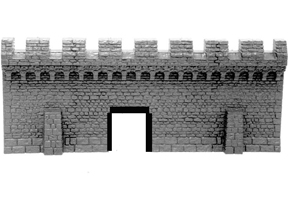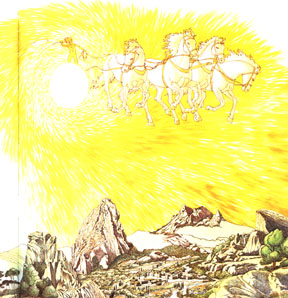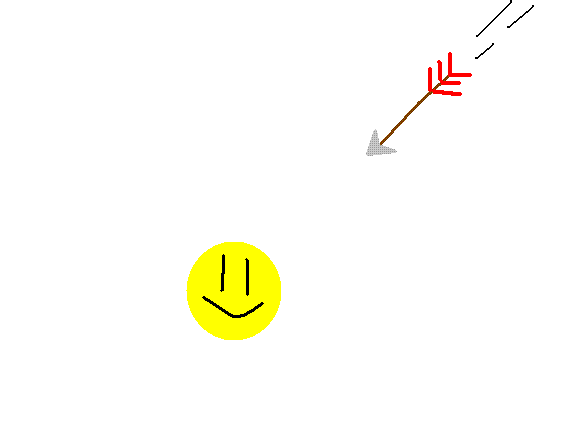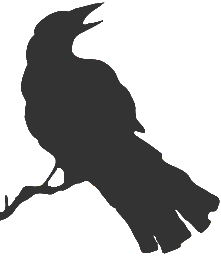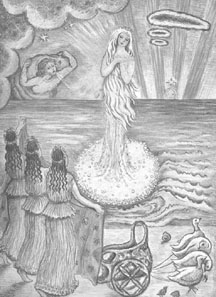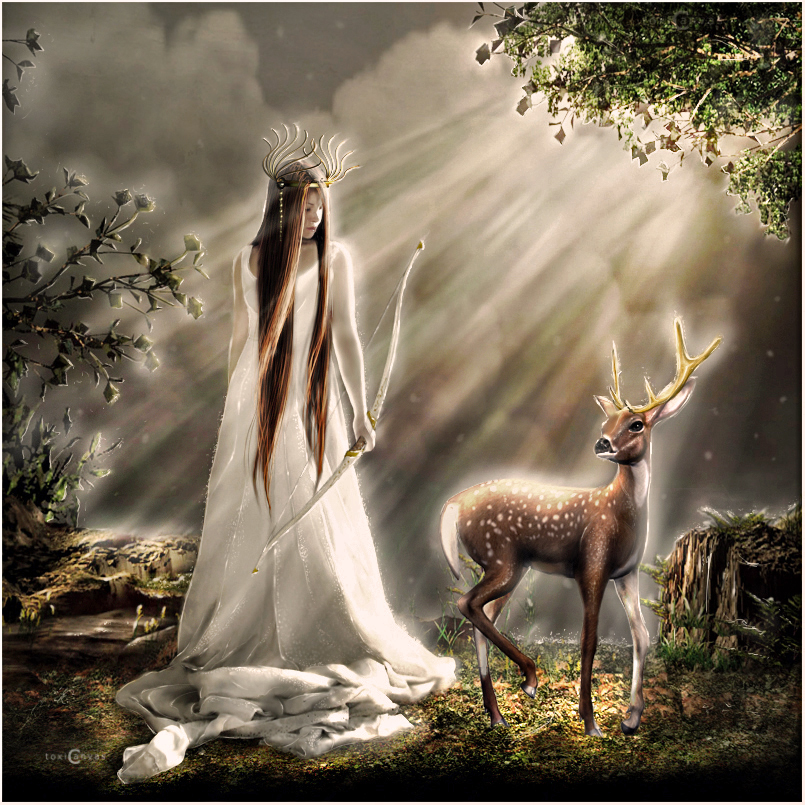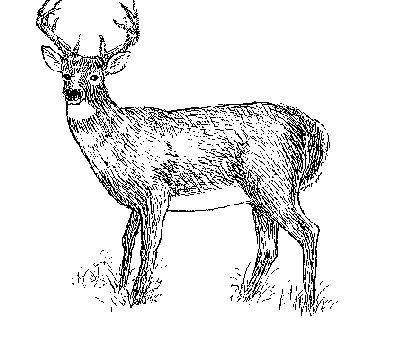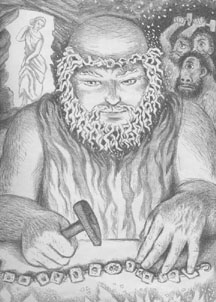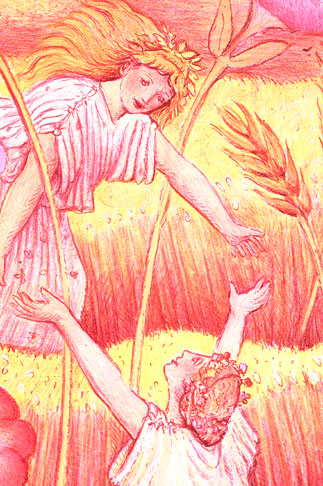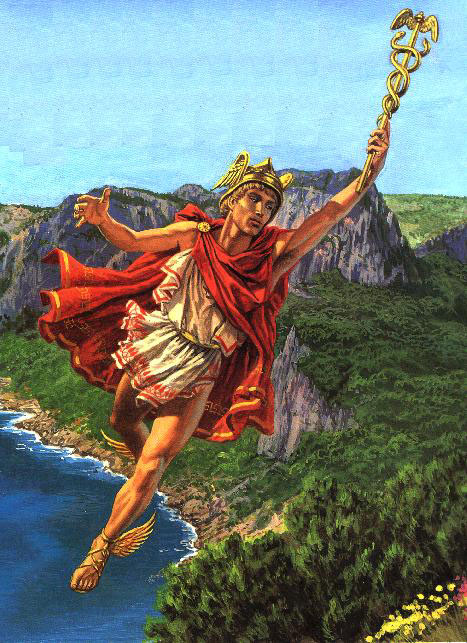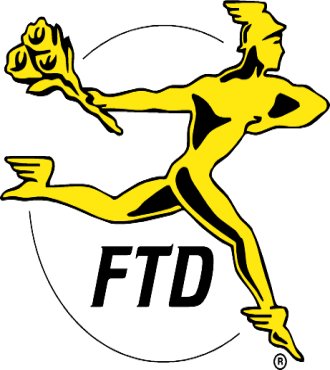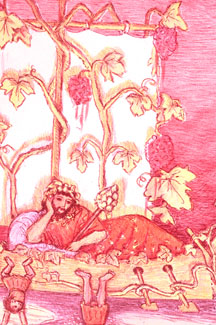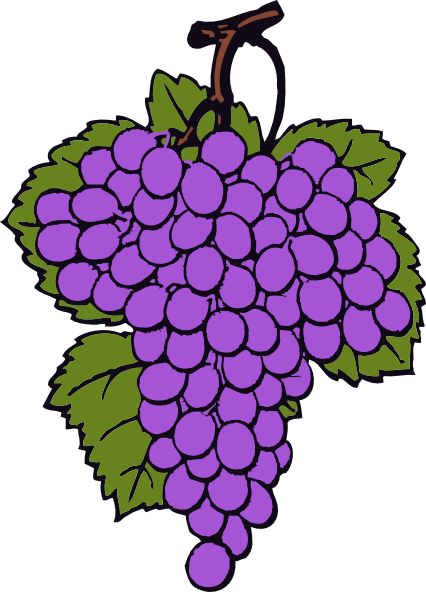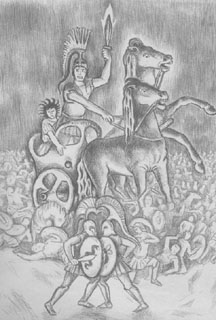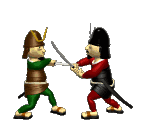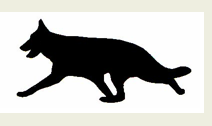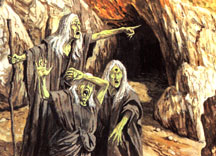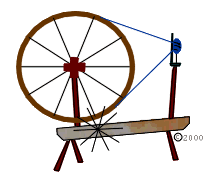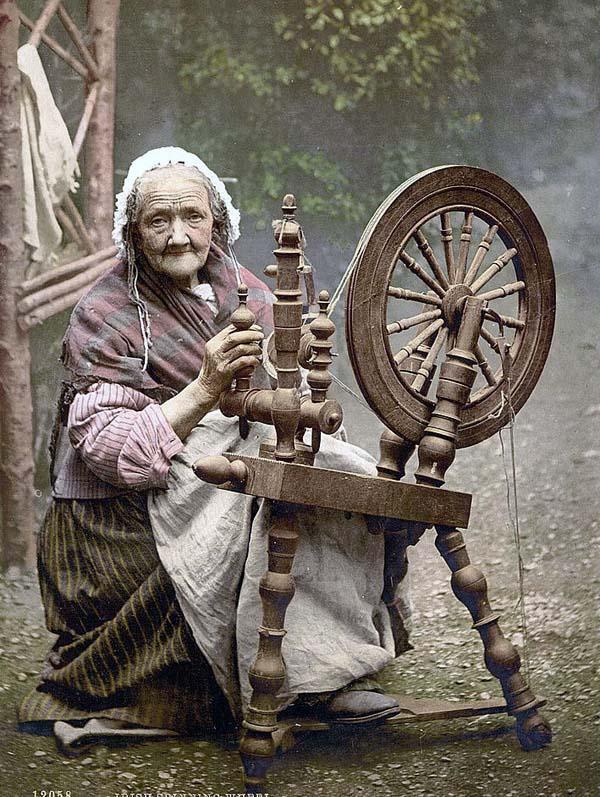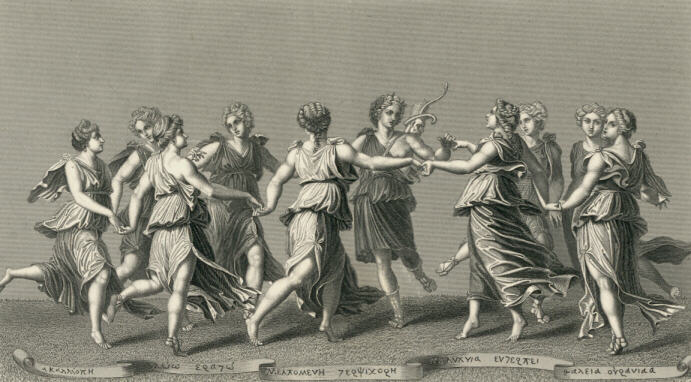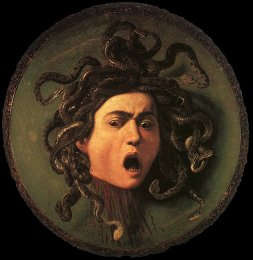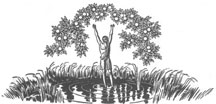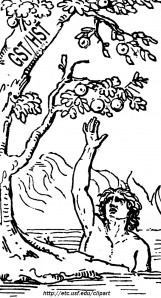Index
| Sisyphus | Tantalus |
THE OLYMPIANS - Pantheon of the gods
*click on Image to return to Myth Homepage*
|
|
Name: Greek / Roman
Zeus / Jupiter
brother to Poseidon and Hades, wife Hera
Domain:
* He ruled the earth and the heavens.
Icons:
the lightening bolt bird the eagle
the oak his tree |
|
|
Name: Greek / Roman
Poseidon / Neptune
brother to Zeus and Hades, wife Amphrotite
Domain:
* He ruled the seas and rivers. His wife was Amphrodite. God of earthquakes, know as the "earthshaker".
Icons:
the horse the bull
the trident |
|
|
Name: Greek / Roman
brother to Zeus and Poseidon. His wife Persephone.
Domain:
* He ruled all lands under the earth's surface. His wife Persephone. The god of wealth. His son was, Hypnos and nephew Morpheus the gods of sleep.
Icons:
three headed dog "Cerbreus" associated with the grim reaper
Chiron the ferry man of the dead |
|
|
Name: Greek / Roman
Hera / Juno
wife to Zeus, protector of married women
Domain:
* protector of the family unit.
Icons:
the cow the hearth
the peacock
|
|
|
Name: Greek / Roman
Athena / Minerva
daughter of Zeus alone, born in full body armor.
Domain:
* protector of the city, goddess of wisdom
Icons:
the owl goddess of the city
|
|
|
Name: Greek / Roman
Apollo / Apollo
son of Zeus and Leto, a twin sister is Artemis
Domain:
* god of the sun. god of truth, god of archery
Icons:
archery animal the dolphin
the crow |
|
|
Name: Greek / Roman
Aphrodite / Venus
Born from sea form off the island of Cythera. Married to Hephaestus
Domain:
* goddess of love and beauty.
Icons:
the swan
dove
|
|
|
Name: Greek / Roman
Artemis / Diana
born from a swan egg, twin sister to Apollo
Domain:
* goddess of wild animals and the hunt. goddess of the moon.
Icons:
the hunting and the bow
animal the deer and wild thngs
|
|
|
Name: Greek / Roman
Hephaestus / Vulcan
Son of Hera / Juno alone. A cripple god hurled by Zeus from Olympus as a youth. Married to Aphrodite / Venus.
Domain:
* god of craftsmen who make things. Blacksmith of the gods.
Icons:
The anvil and forge
the volcano
|
|
|
Name: Greek / Roman
Demeter / Ceres
One of the original Olympians
Domain:
*goddess of grain and growing, and the changing of the seasons.
Icons:
grain
seasonal change
|
|
|
Name: Greek / Roman
Hermes / Mercury
Messanger for the gods, he appears more often than any other gods in Greek mythology.
Domain:
* He escorted the dead to the underworld
Icons:
the Caduceas symbol for medicine
an icon for speed
|
|
|
Name: Greek / Roman
Dionysus / Bacchus
god of the grape, harvest and the god of hospitality
Icons:
the grape god of the traveler and hospitality
|
|
|
Name: Greek / Roman
Ares / Mars
son of Zeus and Hera. Their only child. They did not like him because he was spoiled and tempermental.
Domain:
* god of war. Liked by the Romans but hated by the Greeks who liked peace.
Icons:
weapons of war the dog
the vulture
|
|
|
Name: Greek / Roman
Fates / The Moirae
Otherwise known as the Moirae, these timeless old hags weave the threads of destiny that control your life. The original spin doctors.
They are: CLOTHO who spins the Thread of Life, LACHESIS who allots the length of the yarn, and ATROPOS who does the snip (the final one).
All the good and evil that befalls you is woven into your destiny and cannot be altered even one jot. You may find this a little unfair, but it's the stuff great Greek tragedies are made of.
As the daughters of primeval night deities EREBUS and NYX (though some claim that ZEUS and THEMIS should be held responsible), the FATES control the destinies of all. Even the Gods are subject to their decisions.
Icons:
the spinning wheel
|
|
|
Name: Greek / Roman
Muses
In Greek and Roman mythology, the nine muses were the daughters of Zeus, the king of the gods, and Mnemosyne, the goddess of memory. The muses were the patron goddesses of the arts, and over time each muse became associated with a specific art:
Calliope--the muse of epic poetry
Clio--the muse of history
Erato--the muse of love poetry
Euterpe--the muse of lyric poetry
Melpomene--the muse of tragedy
Polyhymnia--the muse of songs of praise to the gods
Terpsichore--the muse of choral songs and dance
Thalia--the muse of comedy
Urania--the muse of astronomy
Traditionally, a poet--especially an epic poet--would invoke the aid of the appropriate muse to guide and assist him in his creative endeavor.
In its earliest development, however, the invocation was essentially a prayer, a request that the goddess being invoked to inspire--literally, "breathe into"--the artist. The idea was that the artist did not himself "create" the work of art, but merely served as a mortal channel through which the divine voice of the muse could speak.
|
|
|
Name: Greek / Roman
Medusa / Gorgon
Gorgons by Micha F. Lindemans In Greek mythology a Gorgon is a monstrous feminine creature whose appearance would turn anyone who laid eyes upon it to stone. Later there were three of them: Euryale ("far-roaming"), Sthenno ("forceful"), and Medusa ("ruler"), the only one of them who was mortal. They are the three daughters of Phorcys and Ceto.
The Gorgons are monstrous creatures covered with impenetrable scales, with hair of living snakes, hands made of brass, sharp fangs and a beard. They live in the ultimate west, near the ocean, and guard the entrance to the underworld.
A stone head or picture of a Gorgon was often placed or drawn on temples and graves to avert the dark forces of evil, but also on the shields of soldiers. Such a head (called a gorgoneion) could also be found on the older coins of Athens. Artists portrayed a Gorgon head with snake hair, and occasionally with a protruding tongue and wings.
Icons:
one of the Gorgons
|
|
|
Name: Greek Sisyphus (SIS-i-fus)
A Greek king condemned in Tartarus to an eternity of rolling a boulder uphill then watching it roll back down again. Sisyphus was founder and king of Corinth. He was notorious as the most cunning scoundrel on earth. His greatest triumph came at the end of his life, when the god Hades came to claim him personally for the kingdom of the dead. Hades had brought along a pair of handcuffs, a comparative novelty, and Sisyphus expressed such an interest that Hades was persuaded to demonstrate their use - on himself.
And so it came about that the high lord of the Underworld was kept locked up in a closet at Sisyphus's house for many a day, a circumstance which put the great chain of being seriously out of whack. Nobody could die. A soldier might be chopped to bits in battle and still show up at camp for dinner. Finally Hades was released and Sisyphus was ordered summarily to report to the Underworld for his eternal assignment. But the wily one had another trick up his sleeve.
He simply told his wife not to bury him and then complained to Persephone, Queen of the Dead, that he had not been accorded the proper funeral honors. What's more, as an unburied corpse he had no business on the far side of the river Styx at all - his wife hadn't placed a coin under his tongue to secure passage with Charon the ferryman. Surely her highness could see that Sisyphus must be given leave to journey back topside and put things right.
Kindly Persephone assented, and Sisyphus made his way back to the sunshine, where he promptly forgot all about funerals and such drab affairs and lived on in dissipation for another good stretch of time. But even this paramount trickster could only postpone the inevitable. Eventually he was hauled down to Hades, where his indiscretions caught up with him. For a crime against the gods - he was condemned to an eternity at hard labor. And frustrating labor at that. For his assignment was to roll a great boulder to the top of a hill. Only every time Sisyphus, by the greatest of exertion and toil, attained the summit, the darn thing rolled back down again.
|
|
|
Name: Greek / Roman
Tantalus by James Hunter Tantalus was the son of Zeus and was the king of Sipylos. He was uniquely favored among mortals since he was invited to share the food of the gods. However, he abused the guest-host relationship and was punished by being "tantalized" with hunger and thirst in Tartarus: he was immersed up to his neck in water, but when he bent to drink, it all drained away; luscious fruit hung on trees above him, but when he reached for it the winds blew the branches beyond his reach.
There are differing stories about what Tantalus' crime was. One account says that he tried to share the divine ambrosia with other mortals, and thus aroused the ire of the gods. A more famous account says that he invited the gods to a banquet and served them the dismembered body of his own son, Pelops; when the gods discovered the trick, they punished Tantalus and restored Pelops to life, replacing with ivory a part of the shoulder which had been eaten by Demeter.
|
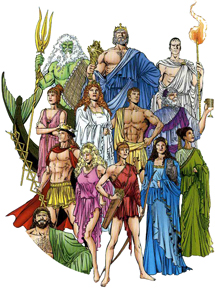
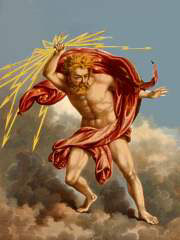

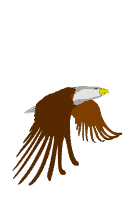

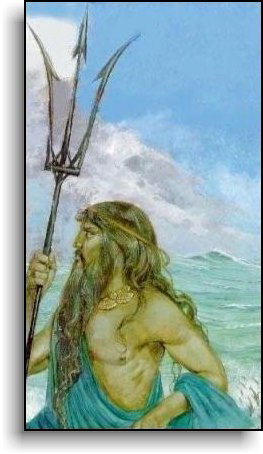
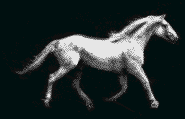
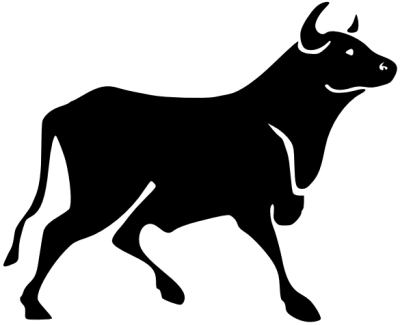

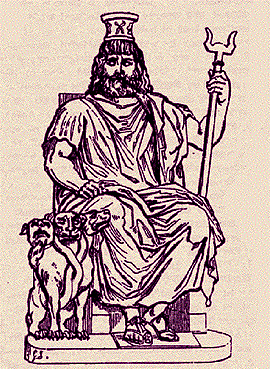
 Hades / Pluto
Hades / Pluto 